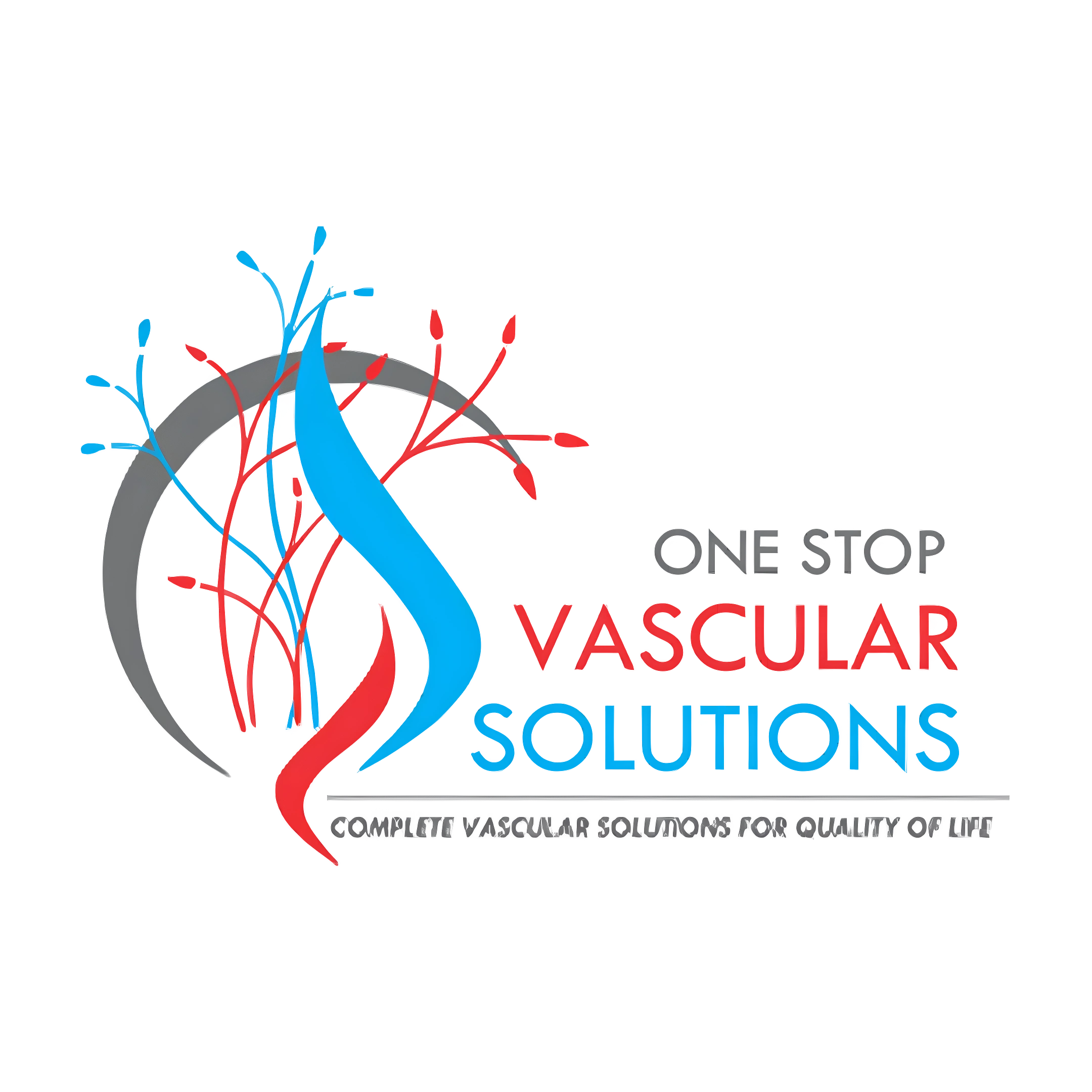Genetic Clinic at One Stop Vascular Solutions
Introduction
The Genetic Clinic at One Stop Vascular Solutions focuses on the interplay between genetics and vascular health. Understanding genetic factors is crucial in predicting, diagnosing, and managing vascular diseases. At one stop vascular solutions we provide the best genetic clinic. Our clinic offers genetic counselling and testing services to assess the risk of hereditary vascular conditions and guide personalised treatment plans.
Understanding the Role of Genetics in Vascular Diseases
Importance of Genetics in Vascular Health
Genetics play a pivotal role in determining an individual's susceptibility to various vascular diseases. Certain genetic markers and familial patterns can predispose individuals to conditions like aortic aneurysms, peripheral artery disease (PAD), and venous thromboembolism (VTE).
Common Hereditary Vascular Conditions
- Marfan Syndrome: A connective tissue disorder that affects the heart's aorta and can lead to aortic aneurysms.
- Ehlers-Danlos Syndrome: Known for causing skin hyperelasticity and joint hypermobility, this group of disorders can also lead to vascular complications.
- Hereditary Hemorrhagic Telangiectasia: A condition that leads to the development of abnormal blood vessels which can cause serious bleeding.
Genetic Testing and Counseling
Genetic Testing Services
- Diagnostic Testing: Identifies specific genetic mutations that can lead to vascular diseases.
- Predictive Testing: For individuals with a family history of vascular diseases, predictive testing can determine the likelihood of developing similar conditions.


